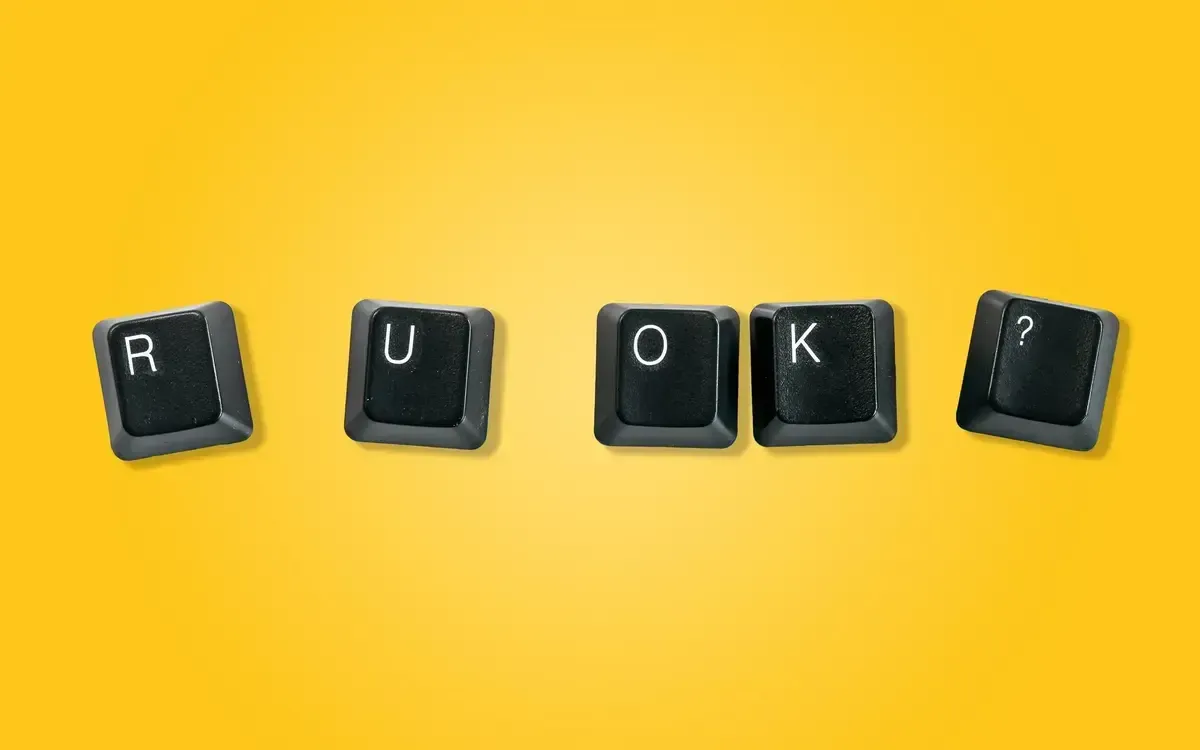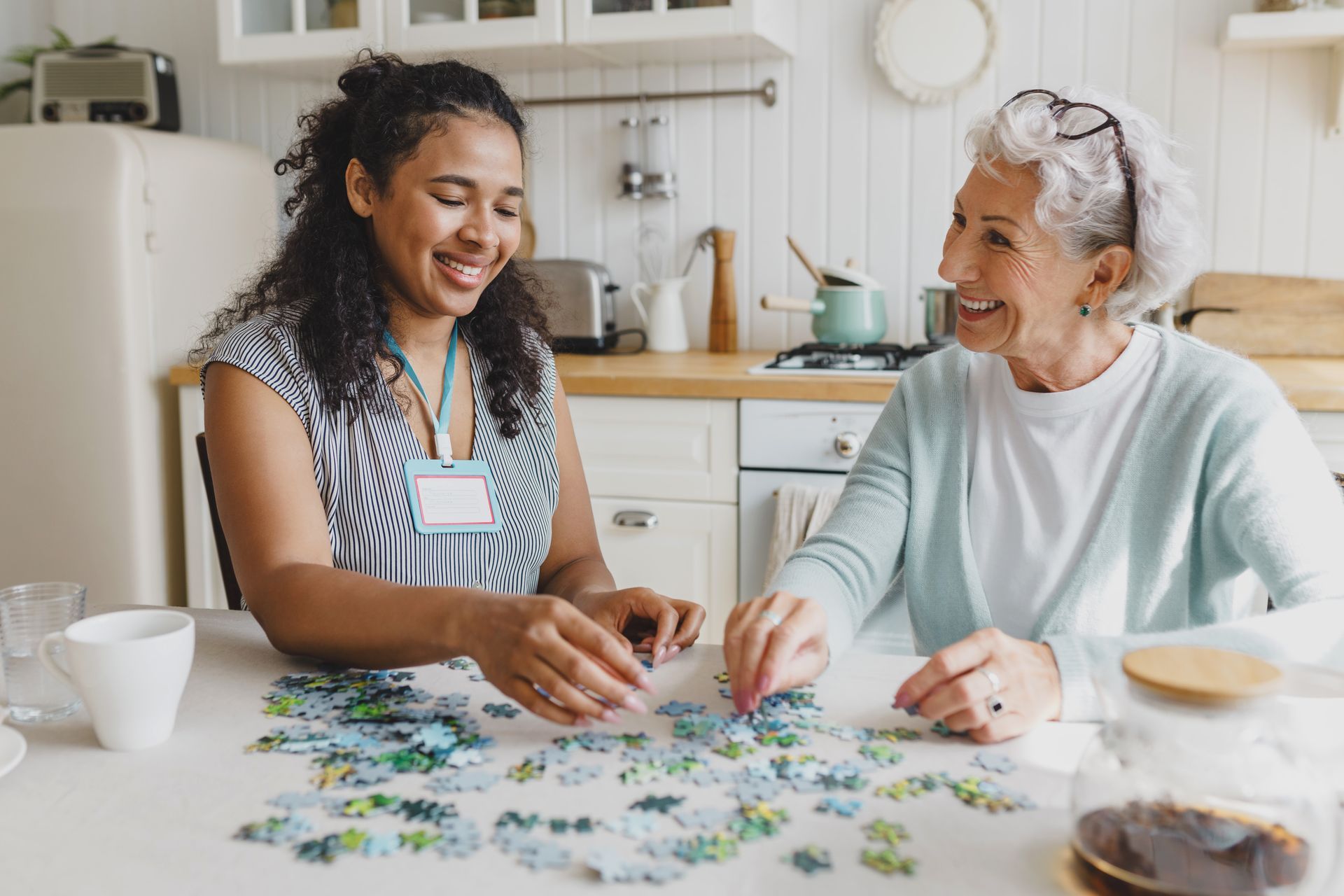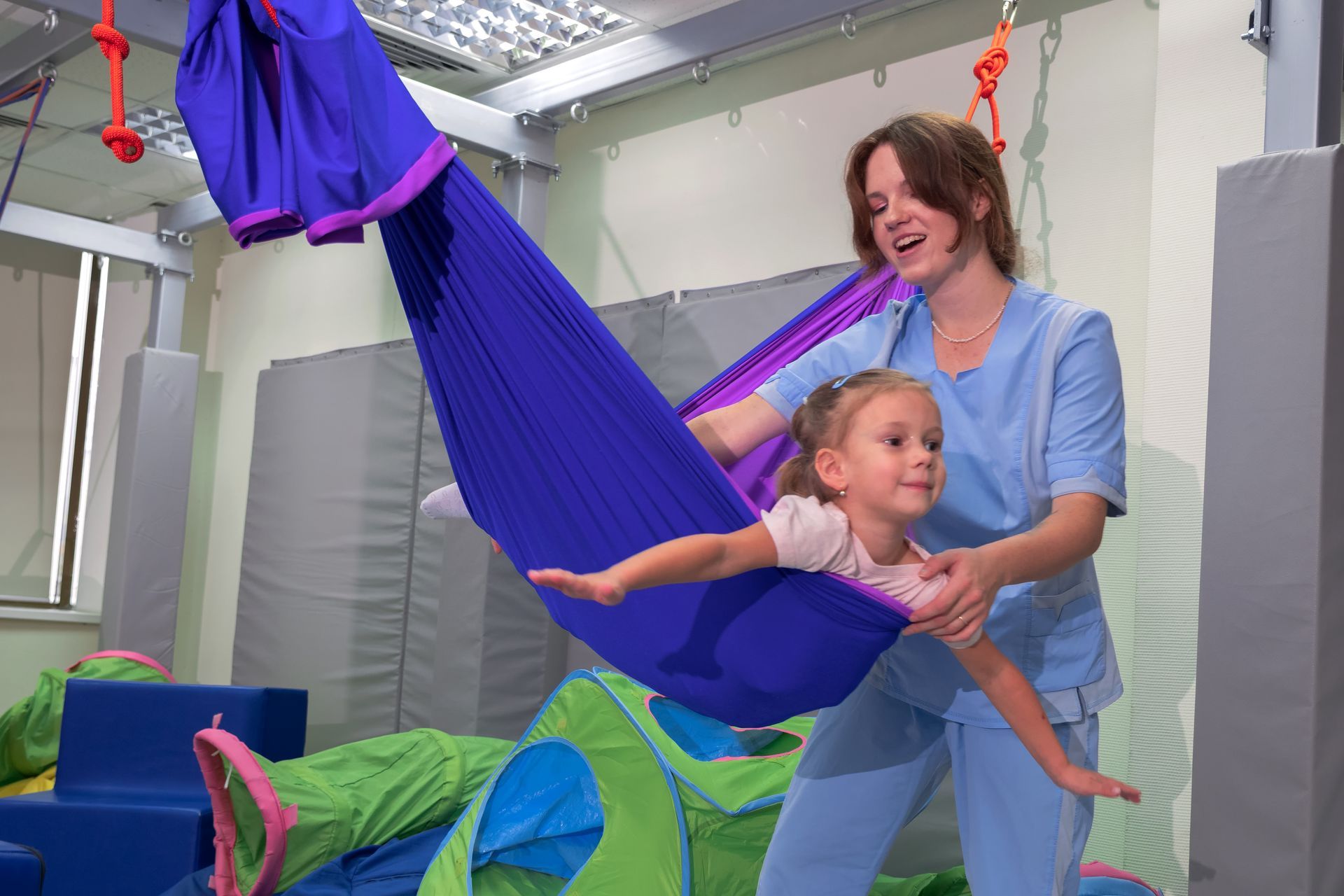R U OK? Day – Let’s make every day count

R U OK? Day – Let’s make every day count
Today is R U OK? Day, a day that serves as a reminder to check in with those around us. But this year, we're particularly excited because the theme is all about the importance of asking, "Are you okay?" not just today, but every day.
At helpz, we believe mental health is something that should be nurtured continuously, and checking in with our loved ones, colleagues, and even ourselves is something that should happen year-round. After all, mental health challenges don’t come and go with the calendar. They’re part of the journey of life, affecting all of us in different ways and at different times.
More than just a question
"Are you okay?" is more than just a question—it's a way of showing care, opening up a safe space for conversation, and acknowledging that it’s okay to not be okay. In our fast-paced world, where stress, anxiety, and pressure often feel like constants, this simple question can be a lifeline.
It’s not just about asking out of duty; it’s about truly listening and supporting people in their individual mental health journeys.
Checking in every day
R U OK? Day provides an opportunity to start a conversation, but what if we extended this idea beyond just one day? What if we created a culture where checking in with each other becomes a normal part of our daily lives?
We believe that mental health support works best when it’s integrated into the everyday—whether it's at home, in the workplace, or in your community. Regular conversations about how people are feeling can break down barriers, build stronger relationships, and create environments where mental health is prioritised. It's a ripple effect that encourages everyone to keep an eye on their own well-being as well as others.
A holistic approach to mental health
At helpz, we’re committed to supporting the mental health of our communities in a holistic way. Mental health isn’t just about addressing immediate concerns but about understanding the bigger picture—physical health, emotional resilience, social connections, and access to resources all play a part.
That’s why our team integrates mental health support into all areas of our services. Whether you’re working with one of our therapists, behaviour support practitioners, or other professionals, we make it a point to ask, "Are you okay?" and support you in finding the answers that lead to long-term well-being.
How can you make a difference?
Today, and every day, take a moment to ask someone if they’re okay. You don’t have to wait for the "right time" or the "perfect moment." Sometimes, just asking can make all the difference, showing someone that they’re not alone in whatever they may be facing.
If you’re worried about a loved one, a colleague, or even a stranger, don’t hesitate to check in. Even if you don’t have all the answers, you can listen, show empathy, and help them find the support they need.
Let’s keep the conversation going
As we mark R U OK? Day, let’s commit to making mental health a daily priority. At helpz, we’re here to support you every step of the way, whether it’s R U OK? Day or any other day of the year. Because mental health matters every day.







